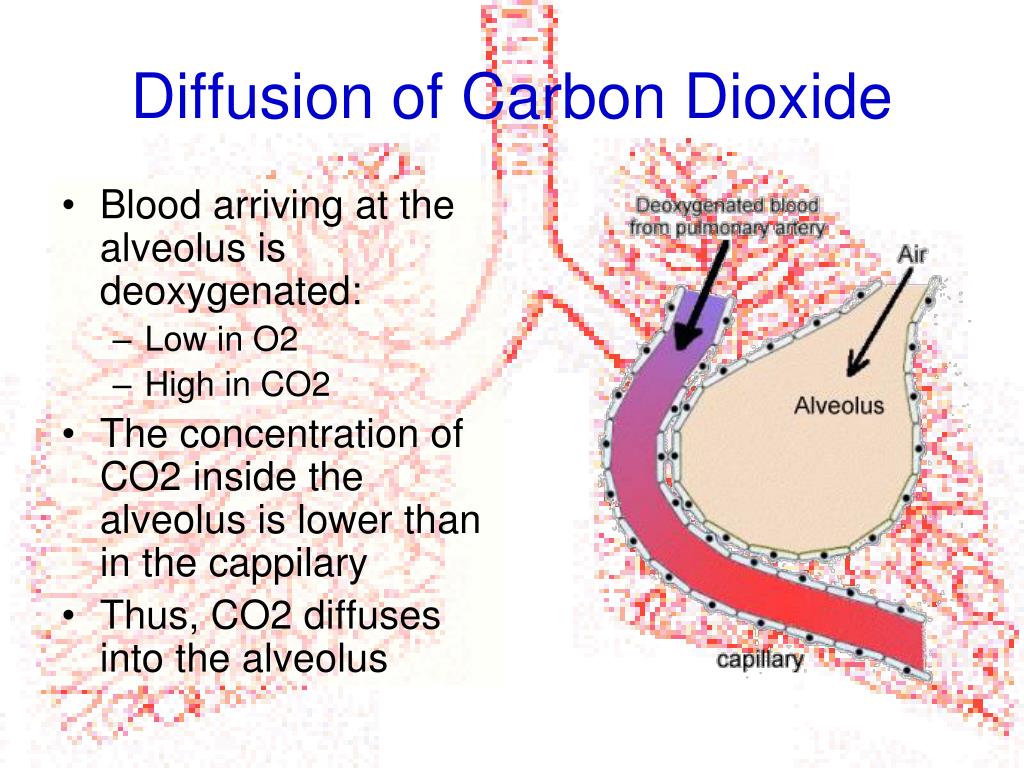

These include kidney diseases, lung diseases, and high blood pressure (hypertension).Īn electrolyte panel may be used to help monitor conditions, such as kidney disease, lung disorders, and high blood pressure. The test may also help monitor or diagnose conditions related to an electrolyte imbalance. An electrolyte panel may part of a regular exam. Most of the carbon dioxide in your body is in the form of bicarbonate, which is a type of electrolyte.

Electrolytes help balance the levels of acids and bases in your body. The CO2 test is most often done as part of an electrolyte or basic metabolic panel. Bicarbonate is typically measured along with sodium, potassium, and possibly chloride in an electrolyte panel as it is the balance of these molecules that gives the healthcare practitioner the most information. This is usually sufficient, but measurements of gases dissolved in the blood (blood gases) may be done if more information is needed. The bicarbonate test gives a healthcare practitioner a rough estimate of a patient’s acid-base balance. Acid-base changes due to increases or decreases in bicarbonate (HCO3-) concentration occur more slowly than changes in CO2, taking hours or days.Īny disease or condition that affects the lungs, kidneys, metabolism, or breathing has the potential to cause acidosis or alkalosis.

Your kidneys eliminate acids in the urine and they regulate the concentration of bicarbonate (HCO3-, a base) in blood. Raising and lowering the respiratory rate alters the amount of CO2 that is breathed out, and this can affect blood pH within minutes. Your lungs flush acid out of the body by exhaling CO2. Your lungs and kidneys are the major organs involved in regulating blood pH through the removal of excess bicarbonate. This imbalance is typically caused by some underlying condition or disease. Acidosis and alkalosis describe the abnormal conditions that result from an imbalance in the pH of the blood caused by an excess of acid or alkali (base). Measuring bicarbonate as part of an electrolyte or metabolic panel may help diagnose an electrolyte imbalance or acidosis or alkalosis. It also works with the other electrolytes (sodium, potassium, and chloride) to maintain electrical neutrality at the cellular level. The kidneys help maintain the normal bicarbonate levels.īicarbonate is an electrolyte, a negatively charged ion that is used by the body to help maintain the body’s acid-base (pH) balance. CO2 levels in the blood are affected by kidney and lung function. Too much or too little carbon dioxide in the blood can indicate a health problem. Changes in your CO2 level may suggest that you are losing or retaining fluid. A CO2 blood test measures the amount of carbon dioxide in your blood. You breathe out carbon dioxide and breathe in oxygen all day, every day, without thinking about it. Your blood carries carbon dioxide to your lungs. CO2 is a waste product made by your body. Carbon dioxide (CO 2) is an odorless, colorless gas. The CO 2 is mainly a by-product of various metabolic processes. If CO2 levels are too high or low, what treatments can help?ĬO2 blood test is also called bicarbonate blood test, measures the total amount of carbon dioxide (CO 2) in your blood, which occurs mostly in the form of bicarbonate (HCO3-). Other conditions may also alter bicarbonate levels. If I’ve had a total CO2 test, why does my doctor want to test my blood gases?. How is carbon dioxide transported in the blood?.







 0 kommentar(er)
0 kommentar(er)
